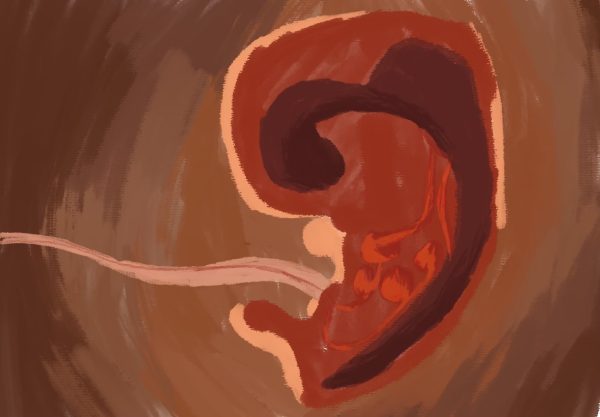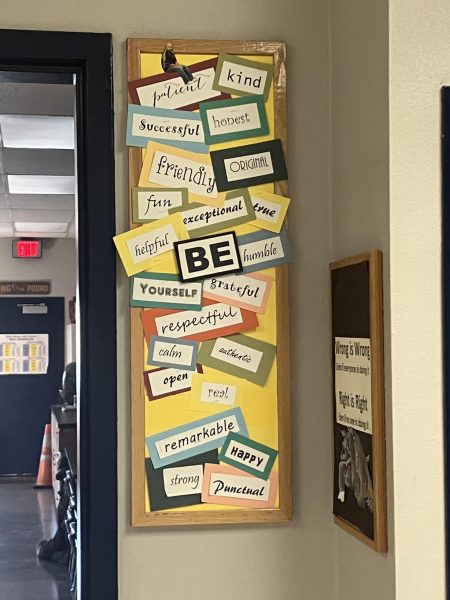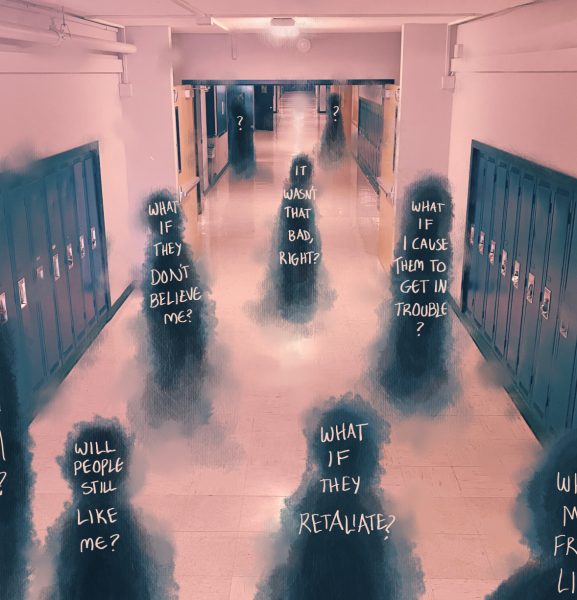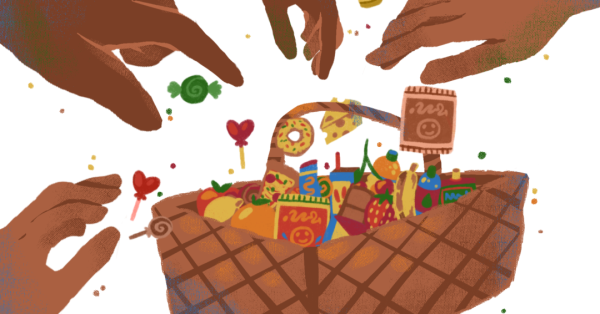A High Risk Game
Living with someone vulnerable to the coronavirus
Panic is the best way to describe it. A state of constant worry — worry that you will bring home something that could kill your loved ones. That was the feeling I felt when first hearing that the Coronavirus had reached the United States.
My father, who just had surgery, is not doing medically well. This, in addition to his numerous preexisting conditions, puts him in the high risk group of those who, if they contract the Coronavirus, have high chances of dying. This, however, doesn’t only apply to my father, as my mother has diabetes and both my sister and I have asthma. We are all considered “high risk.”
Before hearing the news of the Coronavirus, my family was in shambles because of recent medical emergencies. Sometimes my father, having shown no signs of anything wrong, would be stumbling around, falling, and repeating a single phrase. This could happen after midnight, while I was at school, or during dinner.
There is nothing I can do, so I learned to just cover my ears and try to minimize the damage done to my father and the house. We soon found out he was having seizures, but while the doctors struggled to identify the initial cause of them, we found that one of the triggers was sickness. We also learned that it was causing brain damage. This, along with his heart issues, put him in the high risk group, increasing his chances of death if he were to contract the aggressively spreading virus. This all happened before the Coronavirus was out in the general population.
When it was first reported in China, I heard what it was like from my friends living in China. They were telling me that it was far worse than the Chinese government was saying, and my family started to prepare. That was in January.
Upon hearing that, we started to prepare by buying four bottles of hand sanitizer, food in small increments, and limiting our exposure to the general population. We had many cleaning supplies left over from the bird flu scare, so we pulled those out. We changed a lot of our daily life with us isolating the clothing we wear outside, stopping our usual volunteer work, and having to learn a new way of washing our hands that places emphasis on your fingers.
Even with our lifestyle completely changed, it did not prevent illness. My little sister at the end of February fell sick with an unidentified illness. On the first day, she pushed through thinking it was nothing. Upon getting home, she felt like she was going to throw up and found it hard to breathe. When we measured her temperature, it was over 100 degrees. We isolated her into her bedroom upon the news of the Coronavirus in the Portland area. She did not attend school for two weeks. I was the one to care for her, delivering food, setting up a computer in her room, and helping her with keeping up with classes.
After the first week, we started to grow more concerned and thought about taking her to get tested for the Coronavirus. This plan was foiled when we discovered that they will only test people who have either been out of the country or who know someone who has been, due to the fact that Oregon has very limited testing capabilities.
Having no idea what to do, we kept doing the same thing. It’s a horrifying feeling, like you have no control over your life, but that was how I felt in this situation.
For weeks, my sister, the healthiest member of my family, was ill and barely able to move. It was horrifying as she was showing many symptoms. However, eventually she was able to get back on her feet and was back to normal.
Upon hearing news of the virus in Linn county, I wasn’t surprised and was expecting it with the virus being in the Portland area. Yet, it still scared me because I knew I could still bring it home to my family.
When you are in a situation similar to mine, you always are scared, not only because you could die, but your whole family could be in danger. If anyone gets sick, you feel that guilt.
Your donation will support the student journalists of West Albany High School. Your contribution will allow us to purchase equipment and cover our annual website hosting costs.







